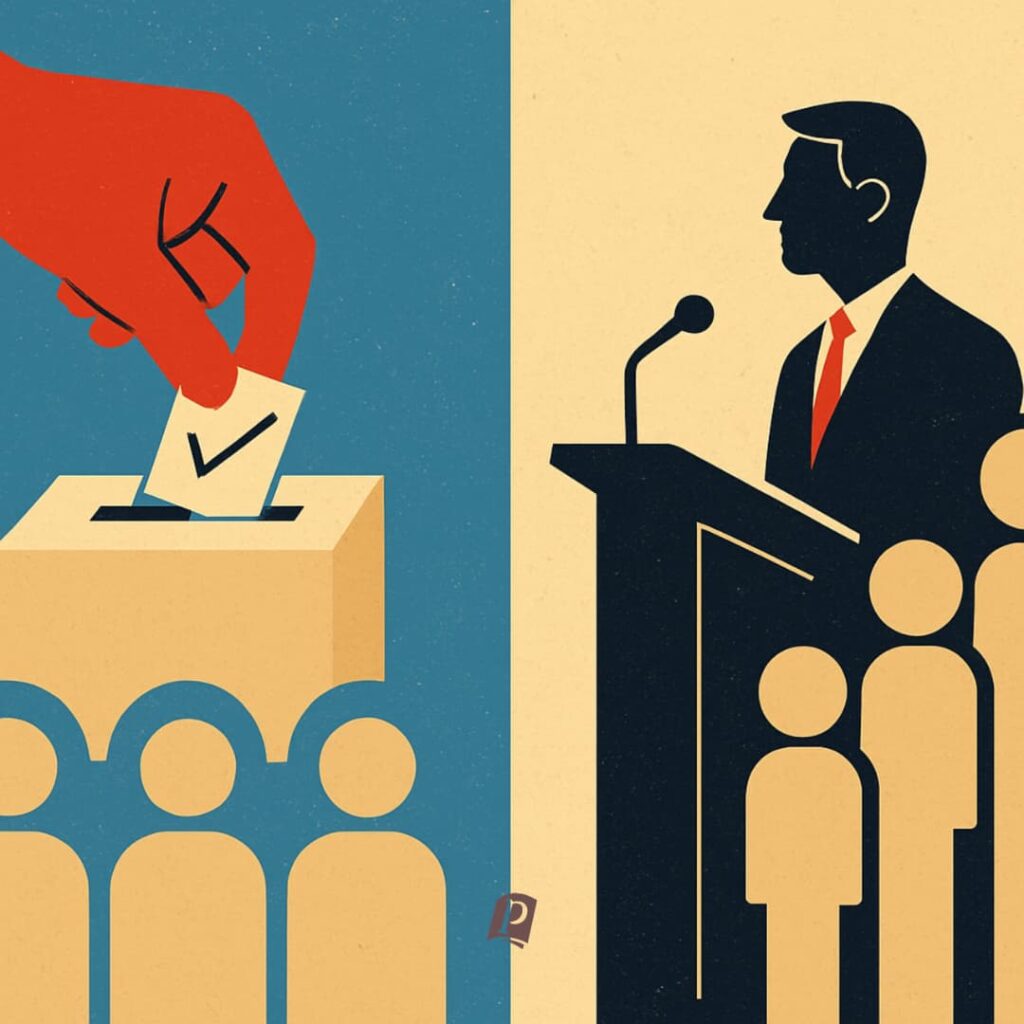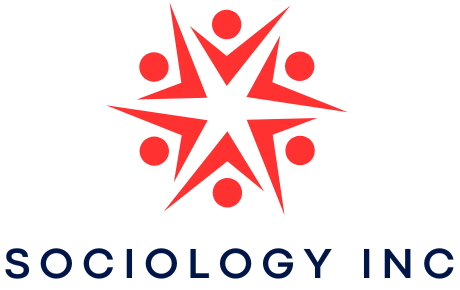I still remember watching the Arab Spring unfold on my Twitter feed in 2011, a strange mix of awe and skepticism brewing in my gut. Right there on my phone screen, people were coordinating revolutions with hashtags and Facebook events. It felt almost too simple, too clean. Could a government really be challenged by something as everyday as a social media post? More than a decade later, that question still follows me, and the answer, I have learned, is far messier and more fascinating than I ever imagined. Back then, I did not have the words for it, but what I was witnessing was a fundamental shift in the sociology of political activism. It was not just about communicating faster; it was about a whole new way for collective action to spark and catch fire.
Suddenly, the barriers to entry crumbled. You did not need to be the one holding the megaphone at a rally or a card-carrying member of some official organization. You could engage with a global cause from your couch, your classroom, your phone. This felt like a pure, unadulterated democratization of dissent. And in many ways, it truly was. I have signed petitions and donated to causes I discovered precisely because someone I followed shared a post that stopped my mindless scrolling. But let us be honest, have you ever shared a post about an important issue and then, a moment later, felt a tiny pang of was that enough? This is the double-edged sword of digital activism. The very ease that makes it so powerful also gives birth to what critics call “slacktivism.” I am guilty of this.
I have retweeted a blistering take on climate change, feeling a surge of righteousness, only to realize I was driving my hardly-fuel-efficient car to buy a single-use plastic water bottle. The act of clicking ‘like’ or sharing can sometimes trick our brains into thinking we have done our part, checking the moral box without the real-world effort. This exploration digs into how social media platforms shape modern political movements, from grassroots organizing to the challenges of misinformation, offering a nuanced look at digital age activism. The research is pretty clear on this: online campaigns only create lasting political change when they bridge the digital divide and inspire tangible, offline action. The most successful movements, from Black Lives Matter to climate strikes, have all mastered this delicate dance between the virtual and the physical. As I dug deeper, I stumbled upon a more uncomfortable layer to this story, one shaped heavily by social class. We talk about the digital divide in terms of who has internet access, but there is a more insidious “digital activism gap” too. Think about it: who really has the time and mental energy for the unpaid labor of staying politically active online?

Crafting thoughtful posts, engaging in comments, managing groups all takes a certain kind of digital literacy and, frankly, spare time that is not a universal luxury. It is no surprise that studies show people with college degrees are far more likely to be politically active on these platforms. So, while we champion social media as a great equalizer, the reality is that it often quietly reinforces the very social hierarchies it claims to disrupt. And then, of course, we have to talk about the elephant in the room: the swirling vortex of polarization and disinformation. Social media algorithms are not built for healthy democratic debate; they are built for engagement. And what keeps us engaged? Outrage.
Confirmation of our existing beliefs. The result is that these platforms can become perfectly personalized echo chambers. I notice it in my own feeds. The algorithm shows me content it knows I will agree with, and it quietly filters out the rest. This is not some abstract problem. From the United States to Indonesia, we see evidence that this dynamic is intensifying, creating ideological bubbles where genuine conversation goes to die and false information spreads like wildfire. Sometimes I wonder if we have simply traded the old gatekeepers of mainstream media for new, even more powerful ones: the opaque algorithms of tech giants that decide what millions of us see and believe.
Despite all these very real challenges, I can not bring myself to write off the role of social media in political activism. Why? Because I have also seen it give a megaphone to the voiceless. It has allowed marginalized communities to tell their own stories, directly and powerfully, bypassing institutions that have historically ignored them. The speed of information has made it incredibly difficult for powerful entities to hide their abuses. Look at the global response to the murder of George Floyd. That was not just a news story; it was a raw, unfiltered narrative that spread across the globe in hours, forcing a conversation about racial justice that many were desperate to avoid. That power is undeniable, even if the resulting conversation is messy and complicated.
So, where does this leave us? From a sociological standpoint, the conclusion is clear: social media will not single-handedly save democracy, nor will it be the thing that destroys it. These platforms are ultimately just tools, mirrors that reflect and amplify our best and worst impulses. They make it easier to get involved but also easier to become complacent. They connect activists across oceans while building walls between neighbors. The future of political activism will not be determined by the next big app update. It will depend on us on our ability to use these tools wisely, to demand they be regulated ethically, and to remember that the most profound changes still happen when we log off and show up in the physical world. The real revolution is not happening online; it is happening in our ability to navigate the tangled, imperfect, and deeply human relationship between our digital and physical lives.
References
Bart Cammaerts Social media and activism. In Communication and Information Technologies Annual.
Myoung‑Gi Chon & Hyojung Park. Social media activism in the digital age: Testing an integrative model of activism on contentious issues.
Jen Schradie. Digital activism gap: How class and costs shape online collective action.

